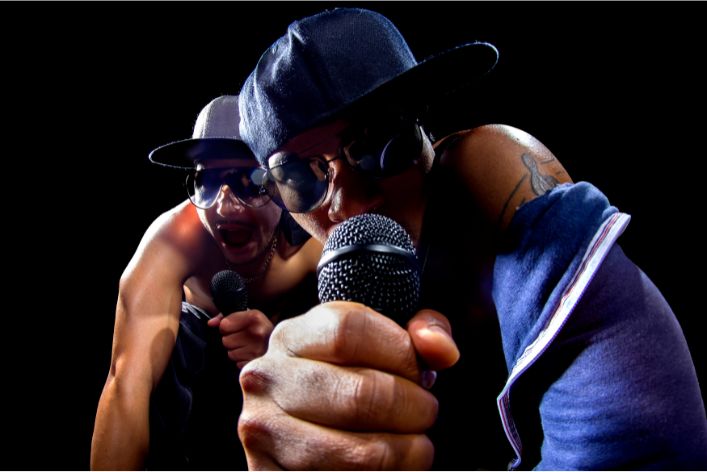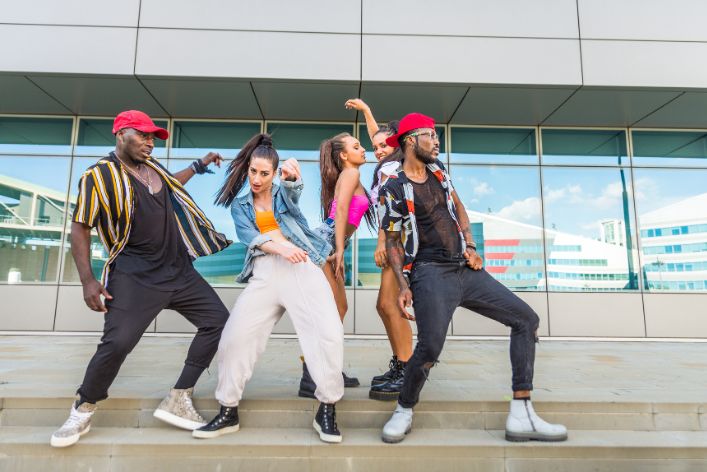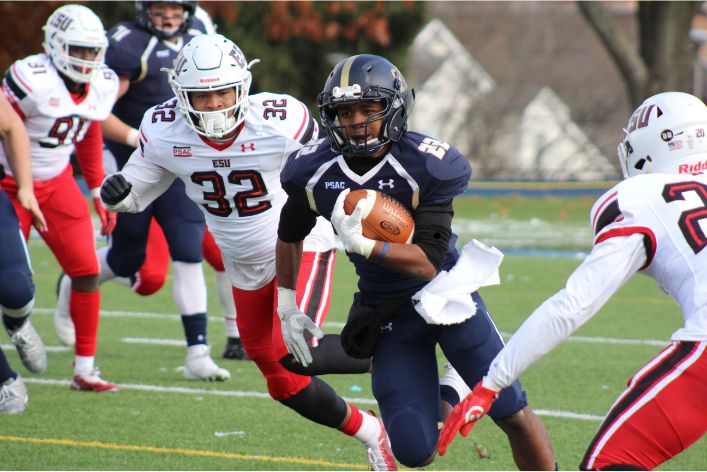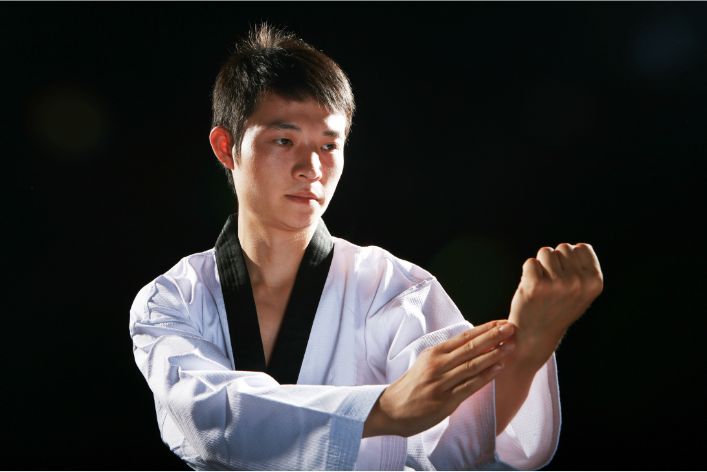Last Updated on May 25, 2023
Hip hop is a prominent music genre that first emerged in urban communities in the early 1970s. It involves poetry, spoken word, and rhyming over a beat that is typically created by a DJ. The primary characteristics of hip hop include rhythmic and lyrical delivery, street vernacular, and recurring themes of social, economic, and political issues.
Hip hop has become a worldwide phenomenon due to its ability to connect with people from different cultural, social, and economic backgrounds. The genre started in the boroughs of New York City but quickly spread throughout the United States and eventually found its way into other parts of the world, including Africa, Asia, Europe, and beyond.

One of the key factors in the widespread popularity of hip hop is its emphasis on self-expression and individuality. This has resonated with people all over the world who are seeking a platform to share their ideas, experiences, and perspectives. Additionally, hip hop has been able to adapt to changing times and trends, constantly reinventing itself and staying relevant in an ever-evolving music industry.
Hip hop’s remarkable success connects personally with people, inspiring unique self-expression. Through music, dance, fashion, or art, it marks global cultures. Continuously evolving and innovating, hip hop endures today.
Read: How can African Youth be Empowered to Overcome Challenges?
Early Roots
Hip hop, as a musical genre, has come a long way since its humble beginnings in the Bronx, New York City, in the 1970s. At the center of it all were the DJs who started out spinning records at block parties. One of the most influential figures in the early days was DJ Kool Herc. He was known for his ability to loop the breakbeat, an instrumental section of a song, which allowed dancers to showcase their moves for an extended period.
Another legendary figure was Grandmaster Flash, who invented scratching, a technique that involves manipulating vinyl records to produce rhythmic sounds. These pioneers of hip hop laid the groundwork for what was to come.
Hip hop was more than just music; it was a cultural phenomenon that spoke to the disenfranchised youth of the inner city. At a time when crime rates were on the rise and poverty was rampant, hip hop provided an outlet for self-expression and creativity. It was a way for people to showcase their talents and tell their stories through music.
Hip Hop: Origins, Influences, and the Ascendancy to Global Phenomenon
The popularity of hip hop can also be attributed to the rise of block parties and house parties in the 1970s. These gatherings brought together people from all walks of life and provided a space for DJs to showcase their skills. The music was a mix of funk, soul, and disco, but it was the DJ’s ability to blend and mix records that gave birth to hip hop.
Another factor that contributed to the rise of hip hop was the lack of access to traditional instruments. Many of the early hip hop pioneers couldn’t afford to buy instruments or take lessons, so they had to make do with what they had. They used turntables, microphones, and whatever else they could get their hands on to create music.
The emergence of hip hop also coincided with the dawn of the digital age. The introduction of drum machines, synthesizers, and samplers revolutionized the way music was made. This technology allowed hip hop producers to create new sounds and experiment with different genres.
The origins of hip hop can be traced back to the Bronx in the 1970s. The influential figures such as DJ Kool Herc and Grandmaster Flash laid the groundwork for the genre’s rise in popularity. The cultural and social factors of the time, such as the rise of block parties and the lack of access to traditional instruments, contributed to the emergence of hip hop. Hip hop has come a long way since its early roots, but its legacy lives on. Today, it is a global phenomenon that has touched the lives of millions around the world.
Mainstream Breakthrough
Hip hop music has become a dominant genre in contemporary popular culture, but it wasn’t always that way. In the late 1970s, hip hop emerged as a cultural movement in the African American and Latino communities in New York City. However, it wasn’t until the 1980s when hip hop started to gain mainstream attention.
Prominent hip hop artists such as Run-DMC, LL Cool J, and Public Enemy started to emerge in the early 80s and their popularity continued to grow. Run-DMC’s collaboration with Aerosmith on “Walk This Way” helped to push hip hop into a wider audience. LL Cool J’s debut album, “Radio,” became a commercial success and helped to further cement hip hop’s place in the mainstream.
MTV played a large role in the exposure of hip hop to a wider audience. The network started to play hip hop videos in the early 80s and this helped to introduce hip hop to a young, suburban demographic. MTV also had a show, “Yo! MTV Raps,” which was dedicated solely to hip hop music and featured interviews with artists and live performances.
Read: What does Alternative Music mean?
Hip Hop’s Mainstream Emergence: Influential Artists, Innovations, and Its Impact on Popular Culture
The emergence of prominent record labels like Def Jam, co-founded by Russell Simmons and Rick Rubin, also boosted hip hop’s popularity. Def Jam signed popular hip hop groups such as Public Enemy and the Beastie Boys, helping to bring their music to a wider audience.
Another important factor in the rise of hip hop was the development of sampling techniques, which allowed artists to use snippets of other songs in their own music. This allowed for a more diverse range of sounds and influences in hip hop music.
Basically, hip hop music started to gain mainstream attention in the 1980s. Prominent artists such as Run-DMC, LL Cool J, and Public Enemy helped to push hip hop into the mainstream, while MTV played a large role in the exposure of hip hop to a wider audience. Record labels such as Def Jam and the development of sampling techniques also helped to contribute to the rise of hip hop. Today, hip hop remains a dominant genre in popular culture and continues to evolve and influence music and fashion.
Read: Popular Myths About the Music Industry
Golden Age
During the late 1980s and early 1990s, hip hop entered what is known as its “Golden Age.” This period saw the emergence of iconic artists such as Tupac Shakur, The Notorious B.I.G., and Wu-Tang Clan, among others.
The impact of their music and lyrics on hip hop’s popularity cannot be overstated. Their contributions to the genre helped to shape it into what it is today.
Tupac Shakur, for example, was known for his socially conscious lyrics and his ability to deliver powerful messages through his music. His album “All Eyez on Me” was a commercial success and helped to bring hip hop into the mainstream.
Similarly, The Notorious B.I.G.’s album “Ready to Die” was a critical and commercial success. It featured singles such as “Juicy” and “Big Poppa,” which catapulted him to nationwide fame.
Wu-Tang Clan, on the other hand, brought a unique sound to hip hop with their use of kung-fu movie samples and gritty lyrics. Their debut album, “Enter the Wu-Tang (36 Chambers),” is still considered a classic in the genre.
Essentially, the Golden Age of hip hop helped to solidify the genre’s place in popular culture. Artists like Tupac, Biggie, and Wu-Tang Clan led the way for future hip hop talent. Their contributions undoubtedly elevated hip hop’s popularity today.
Read: How to Build a Music Record Label

Internet Age
The internet age has undoubtedly revolutionized the music industry and transformed the way music is created, distributed, and consumed. The hip hop industry in particular has benefited greatly from the rise of the internet in the 2000s.
Twitter, Instagram, and YouTube critically propagate hip hop music. Independent artists don’t rely on major labels for exposure anymore. The internet fosters diversity within the hip hop genre. Streaming services like Spotify and Apple Music eliminate entry barriers, giving musicians a platform to reach the masses.
The internet age allows fans to interact directly with artists, establishing unique engagement levels. Social media and YouTube enable emerging artists to display their talents and engage with fans. Viral videos, vlogs, and livestreams are the common mediums for this interaction. Consequently, fans can participate more in their favorite artists’ creativity, offer critical feedback, and influence their career trajectory.
Read: 10 African Music Festivals You Must Attend in Your Lifetime
Internet Age Revolution: Transforming the Hip Hop Industry and Empowering Independent Artists
Moreover, the internet age has enabled musicians to bypass gatekeepers and share their music directly with their fans. Social media sites like Twitter, Instagram, and Facebook allow artists to bypass traditional media channels and promote their work directly to their followers. This means that emerging hip hop artists can now build substantial online audiences without relying on record labels or traditional distribution channels.
The rise of the internet has also revolutionized the release schedule for new music. Independent artists no longer have to wait for biannual album releases. Instead, they can release individual tracks, remixes, and mixtapes whenever they wish. The internet has made it possible for artists to connect with fans on a more consistent basis and release music in a more organic and spontaneous manner.
The internet age significantly impacted the hip hop industry, offering artists a broader platform. It helps emerging and independent artists showcase their talents and gain exposure. Social media and streaming services ascended, creating new pathways for hip hop artists.
These artists can now reach and interact with fans in unprecedented ways. Power shifted from traditional record labels to independent artists in the internet age. This shift fuels a creative, innovative culture shaping the hip hop genre’s future.
Read: The Rise of Streaming Services and Their Impacts on the Music Industry
Conclusion
The complexity of cultural, social, economic, and technological factors contributed to hip hop’s popularity. It originated from African American urban centers, resonating with global youth through its expression of marginalized experiences.
Today, hip hop artists and producers utilize digital media and streaming platforms for global exposure. It continues to influence popular culture, inspiring new artist generations. Its impact extends beyond music, shaping fashion, film, and social activism. Hip hop connects diverse audiences and amplifies marginalized voices.
Read: How to Become a Music Producer
Before You Go…
Hey, thank you for reading this blog to the end. I hope it was helpful. Let me tell you a little bit about Nicholas Idoko Technologies. We help businesses and companies build an online presence by developing web, mobile, desktop, and blockchain applications.
We also help aspiring software developers and programmers learn the skills they need to have a successful career. Take your first step to becoming a programming boss by joining our Learn To Code academy today!
Be sure to contact us if you need more information or have any questions! We are readily available.











